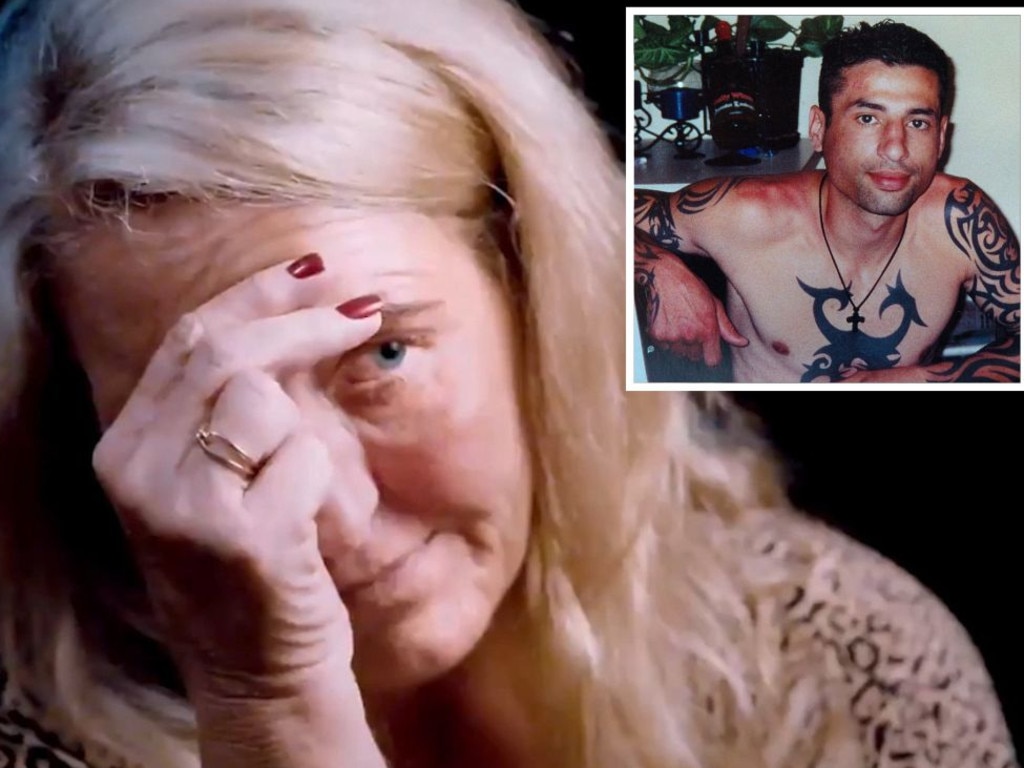Lawyer X had ability to control ‘the who’s who of the Melbourne criminal world’
A former police handler of barrister-turned-police informer Nicola Gobbo has denied in court that she was a vulnerable person.

Nicola Gobbo’s former police handler has told a court the barrister-turned-police informer had “the ability to maintain control of the who’s who of the Melbourne criminal world” and was not a vulnerable person.
“She spent a lot of social time speaking with and mixing with some well-known criminal identities,” the former Victoria Police source development unit member – who testified under the pseudonym Officer Black – told the Supreme Court on Wednesday.
“I don’t think she was vulnerable at all. She certainly could take control of a situation.”
Ms Gobbo, also known as Lawyer X, is suing the state of Victoria for compensation for loss, injury and damage she claims she suffered as a result of its alleged negligence in its use of her as a police informer.
The state is defending the lawsuit, claiming Ms Gobbo provided information voluntarily with full appreciation of the risks.
Officer Black, who remains with Victoria Police as a detective senior sergeant, said the force’s relationship with Ms Gobbo was “very complicated” and told the court Ms Gobbo was provided with psychological treatment for her dependency on the SDU.
Officer Black said Ms Gobbo was “a workaholic” who would contact the SDU and “talk extensively about professional and private” matters such as “loneliness” and “family anniversary dates” at “all sorts of hours”.
Officer Black told the court Ms Gobbo’s safety was Victoria Police’s “No.1 priority” and members were “mindful” of their “obligations in relation to duty of care”.
However, he said he became concerned “too many” people in the force knew of Ms Gobbo’s identity as police informer 3838, and that the SDU was forced to change her informer code in a bid to protect her identity.
Officer Black told the court some of the Victoria Police personnel in its gangland-busting Purana task force “and a couple of other task forces” became aware of Ms Gobbo’s identity as an informer because they “had worked it out for themselves”.
“This is the problem with source relationships,” he said. “The longer things go on, the more difficult it becomes to protect the individual.”





